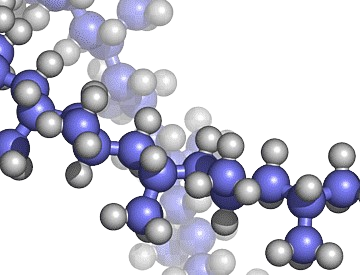
Materials Science and Engineering

They manufacture the engineered materials that we find all around us in the form of household appliances, buildings, roads, cars, airplanes, consumer electronics, surgical implants, and industrial machinery. AUST materials students acquire the needed scientific and engineering expertise that will equip them to help Africa transform its vast natural resources into engineered materials and respond to the related recycling and environmental challenges. They are encouraged to view themselves not merely as consumers of scientific and technological knowledge grown elsewhere, but as potential contributors to world science and technology.
The MSc program in Materials Science and Engineering requires 18 months and is based on a combination of core and elective courses, plus thesis research. Students who complete the first year of the program with a grade point average of C (GPA of 2.0), without any failing courses are awarded to the AUST Post-Graduate Diploma in Materials. Students who have maintained a B average (GPA of 3.0) throughout the year stay on for the Master’s degree in the second year. Students are encouraged to pursue the PhD within an AUST sandwich program or in leading universities around the world.
The Materials Science and Engineering program is very intensive and only well motivated and prepared students who want to excel in a career involving teaching and research are encouraged to apply. Courses are taught as 3- or 4-week modules of 45 to 60 hours. This includes lectures and problem solving sessions. On average, in the first year, students are expected to take 16 modules.